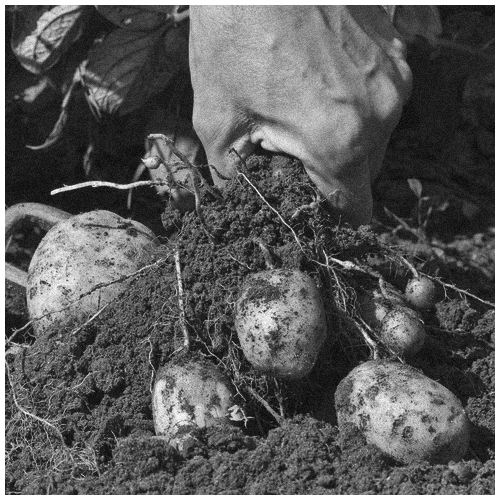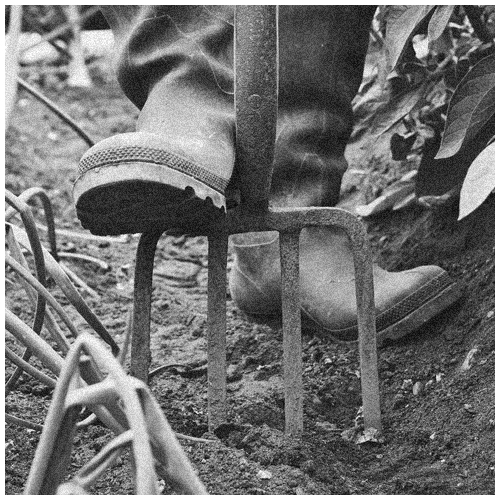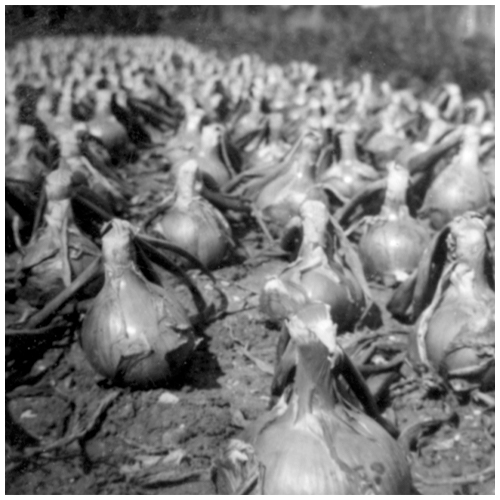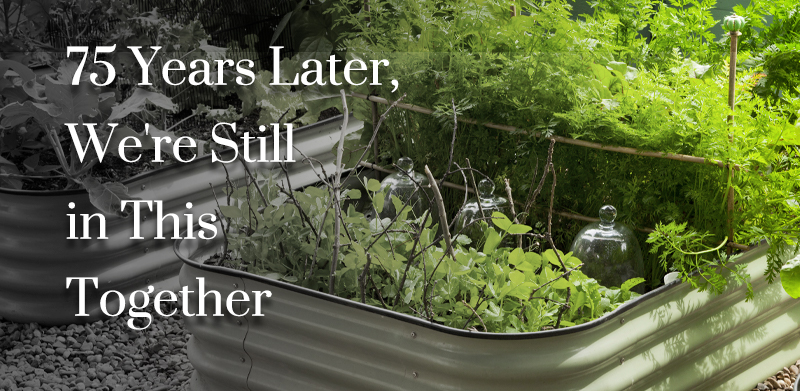Last Updated on December 7, 2020 by the Dobies Horticultural Team
Global events of 2020 have made us think about many things from a very different perspective, with many industries being compelled to innovate through difficult times. We have looked back on the long history of growing your own and have found many similarities to historical events. Our Managing Director, David Robinson, had this to say:
Although the future impact of global events in 2020 is not yet known, we are all just starting to realise that it might profoundly affect all of our lives. Was the demand for seeds driven by concerns about food availability; worries about going out to shops; or was it just something to do during lockdown? Whatever the motivation, our challenge was to try and meet the demand. This challenge became even greater when a number of our highly experienced staff had to self-isolate and the need for ‘social distancing’ in the warehouse meant that we had to do more work, with fewer people.

This isn’t the first time the company has experienced a period of increased demand at the same time as a reduction in staff. With the 75th anniversary of VE day approaching, several of our customers have reminded us of the times when the British public were asked to ‘Dig for Victory’. Whilst, of course, there are parallels, it would not be right to draw them too closely.
During both World wars, the supply of seeds for people to grow their own vegetables was seen as a vital part of the war effort. Throughout 1915 it became increasingly clear how important the seed industry was, as the requirement for vegetable seeds increased. On 30th December 1915, the seed-growing industry was designated on the list of “reserved occupations vital to the war effort”. Indeed, some staff were disqualified from National Service because the Board of Agriculture considered “the services they are rendering to the country by remaining at work cannot be dispensed with”. Demand for seeds was such that the non-enlisted staff weren’t able to despatch orders fast enough and volunteers were asked to work all through the night (with windows painted out and lights shaded to hide from Zeppelin airship raids).
The adversity led to a delay in processing orders. In February 1917, many prominent seed companies state having thousands of outstanding orders which took almost 2 weeks to despatch. This grew exponentially over the next year. With some orders taking up to a month to dispatch. This resulted in a high number of complaints about delays in receiving orders. With many companies receiving hundreds of letters a day. With modern technology, today’s comparison means that we now receive thousands of emails daily!

Impressively, despite the inevitable disappointment at having to wait for seed deliveries, the vast majority of our customers have been remarkably understanding and polite throughout… Gardeners really are a nice bunch of people!
Throughout WWII the Ministry of Agriculture promoted a ‘Dig for Victory’ campaign with everyone being encouraged to grow their own food to supplement their diet during a time of harsh rationing. Open spaces everywhere, from domestic gardens to public parks – even the lawns outside the Tower of London, were turned into vegetable patches.

With food imports reduced as a result of the U boat blockade, the Dig for Victory campaign was essential to keep the country fed, throughout the war and indeed afterward.
The ordering of seed potatoes and vegetable seeds was started earlier than usual in anticipation of potential shortages and increased prices as the War progressed. Seed packing was also carried out early in preparation for potential labour shortages.
Once the War was over, life didn’t return to normal. The country was bankrupt, and unable to resume food imports at pre-war levels so rationing continued long after the war only finally ending in 1954. Bread rationing in fact only started in 1946, after the war. In many ways, food supply was worse on the home front after the war was won, so for many the need to continue growing food at home was a necessity.

During the global events of 2020, it has become increasingly clear that we are living through unprecedented times which will be discussed for many years to come. It’s hard to know when or how it will end and whilst there are parallels between current circumstances and wartime, there are also many differences. Staff at risk have been asked to work from home or take time off rather than being sent off to fight a war!
Requirements for seeds grew steadily through both World Wars. This current circumstance has seen our sales grow rapidly over just a period of weeks. Like many prominent seed companies during both wars we are coping with reduced staff numbers which, like then, has led to order delays and increases in customer communications. The ease of sending a quick email has led to a much greater increase in customer enquiries.
The longer-term implications are yet to be known. The second world war and the slow recovery afterwards created a generation of vegetable growers. Over the years, busier lifestyles; the ease of shopping; the year round availability of fruit and vegetables from all around the world and instantly available fast food at the touch of a keypad have created a generation who are largely detached from the origins of their food. We have seen many new customers buying seeds from us for the very first time. Hopefully, it proves to be more than just wishful thinking that one small silver lining from our current problems will be the creation of a new generation of gardeners who grow and enjoy their own food and pass their new found skills onto the next generation.


In the last month I have endeavoured to contact Dobies over my annual order. Waiting and still waiting for a reply , hanging on the phone for nearly an hour with no reply. When U do get through conflicting advice . When the plants are received in a disgusting condition. My summer garden. Ruined. Nobody cares. Trying for a refund. Again impossible to gay sense out of anybody. Bitterly disappointed. Dobies currently a shambles. Wish I could send you photos of the plants. A disgrace. Nobody cares
Hi Peter, we are very sorry to hear about your plants arriving in poor condition and the service you have received. Your complaint has been escalated to our customer service team who will reply to your direct email as soon as possible.
Best regards,
The Dobies Team